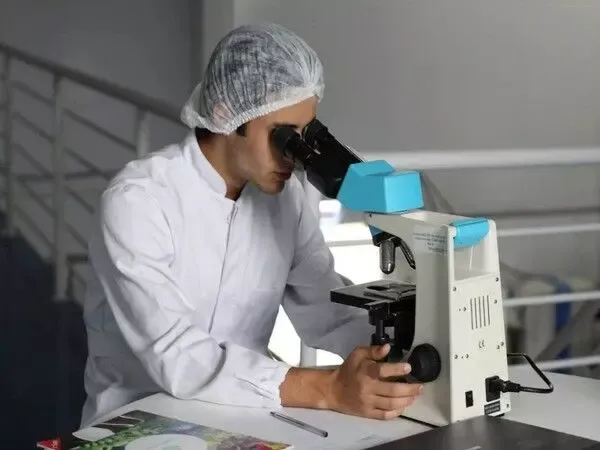
Washington DC: An international team of researchers has identified a potential microbial criminal behind the dangerous increase in early colorectal cancer: a bacterial toxin called colibacin. Scientists report that a specific genetic signature on the DNA of the colon cells is mentioned by exposure to colon cells in childhood – which can significantly increase the risk of development of colorectal cancer before the age of 50. The study was led by an international team of researchers, headed by the University of California, San Diego.
It is manufactured by some strains of Eschherichia Koli that live in the colon and rectum, Colibactin is a toxin capable of replacing DNA. New study findings published on 23 April shows that Colibactin discovers the specific pattern of DNA mutation, which leaves behind in early-age adults (in a special form of 40 years). After the age of 70 years, the diagnosed were 3.3 times more common than those made.
These mutation patterns were particularly prevalent in countries where there were high incidence of early-addition cases.
Senior writer of the study Ludmil Alexandrov, who is a professor in the Department of Shoe Chion-Gyne Le Department of Bioinizing and Cellular and Molecular Medicine in UC San Diego, said, “These are a kind of historical record in the mutation pattern genome, and they indicate a inspiring strength in the early life in the early life. Are.”
Although previous studies, which include earlier functions of the laboratory of Alexandrov, have identified the mutation to colibactin in about 10 to 15 percent of all colorectal cancer cases, those studies were either focused on late start cases or did not distinguish between early and late starting disease.
This latest study is the first to showcase adequate prosperity of mutation to colibactin, especially in early cases.
The implications are serious. Colorectal cancer, once considered a disease of old adults, is now growing among young people in at least 27 countries.
In the last 20 years, it has doubled in adults under 50 years of age in almost every decade.
If the current trends continue, it is estimated that by 2030 colorectal cancer will become a major cause of cancer death in young adults.
So far, the reasons behind this growth have been unknown.
Young adults suffering from colorectal cancer often have no family history of disease and are some known risk factors such as obesity or high blood pressure.
This has given air to speculation about potentially hidden environmental or microbial risks – something that this new study directly examines.